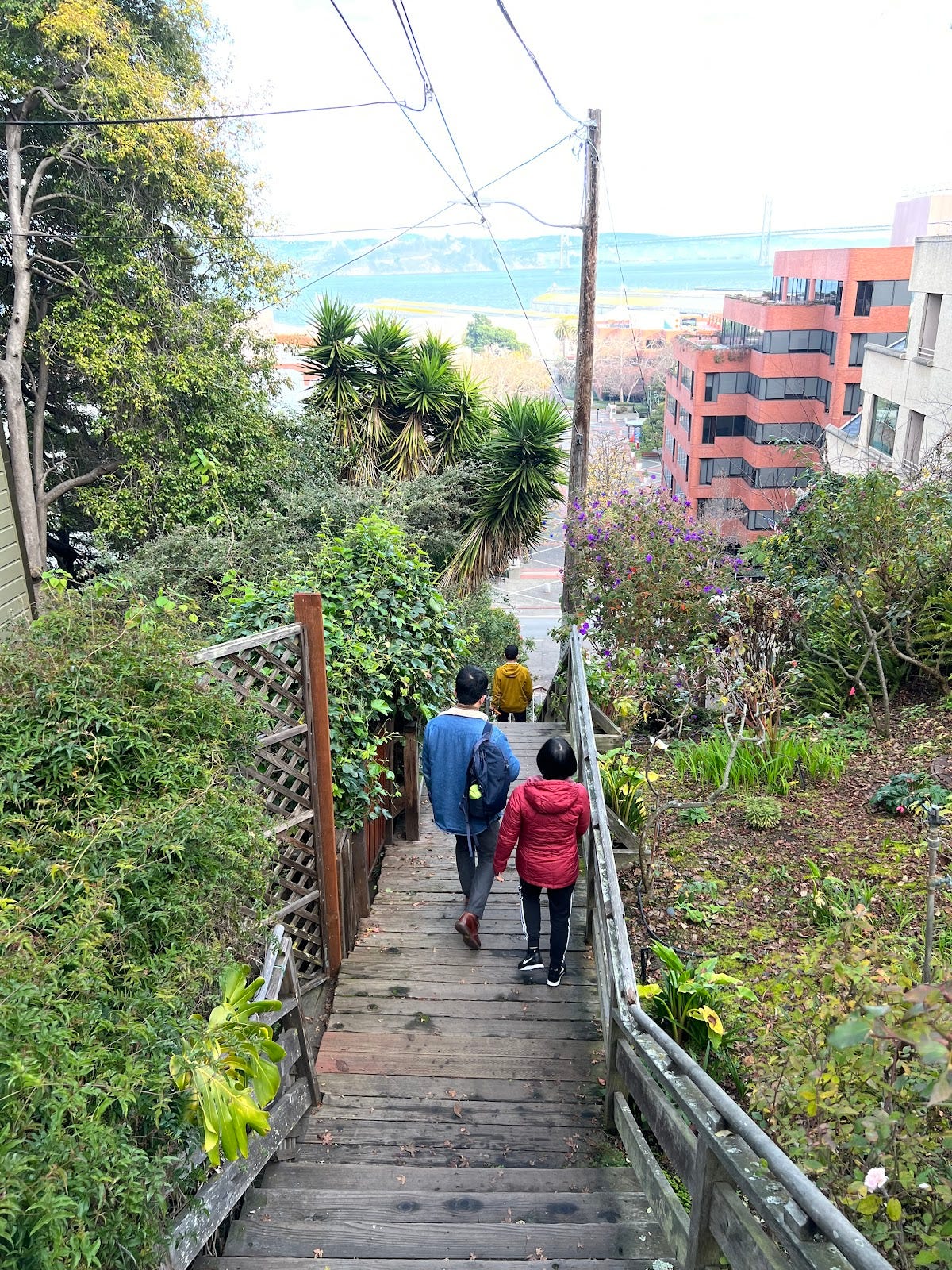I don’t know what it is about long car rides that tease out the knots from my thoughts. It was during yet another monotonous drive to Mammoth when I had the tragic realization: my parents never equipped me with the vocabulary to truly articulate my emotions to them. I operate in an off-brand Chinglish based on my elementary proficiency with the Teochew language, whereas their English is restricted to the domain of the family hardware store. Of course, they tried Chinese school in my younger years, but I was set up for failure when the teachers were explaining Mandarin with the expectation that I understood Cantonese like most other Bay Area ABCs. Aaand I might’ve been sneaking out during lunch to get some Snow Storm cups (sometimes expired, I called them shit storms).
It’s only fitting that this revelation descends in my late-twenties. Growing up, I assumed that emotions were a weakness to suppress; I’d often hear my dad commanding me, “men don’t cry.” The introduction of shame would just increase the waterworks, much to our chagrin. Then the switch suddenly flipped sometime in middle school (probably puberty), and I never felt the need to cry again. The negative emotions were certainly still there, manifesting in different ways like teenage angst and the universal language that is Linkin Park.
On the other hand, I don’t know much about my parents. I don’t know what it is about long car rides, but that’s when I learn the most about them. Maybe it’s the lack of eye contact, or being physically incapable of removing yourself from the conversation. It’s the perfect formula for the surprise dad lore drop; I’m sitting there partially dissociated and doing a mental double-take trying to process the new information.
I don’t know if being at arm’s length is representative of the immigrant parent experience, but it’s the only one I can share. If the explosive inception of Subtle Asian Traits has shown me anything, it’s that I’m not special. Struggles around tiger parenting, being a model minority, and accepting peace offerings of cut fruit are in the Asian American DNA. That’s probably why I love fruit. And food in general. Give me a soft serve cone when I get mad, I guess.
I recently watched Didi and left the theater surreptitiously wiping what remained of my tear stains. It’s a coming of age movie depicting a younger brother growing up in the Bay Area and trying to fit in. When I first read the synopsis, I shocked to find that someone made a movie about me! It didn’t have to be super deep to be highly resonant, and the small details spoke largely to my soul — the handwritten notes on the red and gold calendar, the zongzi in the steamer, and the all-too-familiar difference between the prestige of UCSD and UCLA. It’s also nice just hearing a lot of Chinese being spoken on the big screen, even if I had to read the subtitles for most of it.
While there wasn’t much to think about the movie’s plot itself, my brain was swimming through thoughts on the drive back home. Some were cringey memories briefly breaching through the surface, some were the rough contents of this substack post, and one was reminding me to call my mom more. But more than anything, it was validation. That maybe others are still untangling the roots of their childhood. And if any of this felt relatable to you, just go watch the movie.
Every Christmastime, I make the pilgrimage back to my hometown of tech bros and progenitorial gentrification. Oh, and dutch crunch, which is as lovely to the tongue as it is unforgiving to the roof of your mouth. Late December can be a murky time for my mind – overcast weather, being on the cusp of a new year, and right after my birthday. Consequently, the innocuous I-5 North becomes this liminal corridor that prompts those existential thoughts. It starts pretty simple, like, “did I accomplish my New Year’s resolutions?” As I drive down the not-very-winding road, they eventually lead to, “am I happy with myself and what I’ve done with my life?”
Usually, I get back pretty late. I untangle my keys in the dark, gently close the door behind me, and pad around like a cat despite the creaking of wood with every step. When I wake up the next day, it’s like nothing has changed. My parents open the store and I want to get some local dim sum, but there’s already some lukewarm food on the table. Come nighttime, there’s always cut and peeled fruit after dinner. At most, I see more white hairs and wrinkles, but I don’t admit it to my mom.
I’m sure my parents see something new every year. They definitely didn’t like the earrings and tattoo, that’s obvious enough. And one year, my mom said with a shocked expression, “I think you lost weight this time!” In between the thoughts and feelings I can’t fully convey to them, they glean a vague understanding through voice inflection and body language. There’s not much for them to offer me now — just the usual advice turned relentless nagging when I’m hangry.
I don’t feel like a different person when I make the trek back down the 5. There are no transformational revelations or overenthusiastic resolutions for the next year. I just get more ideas of how to do me, and be more content with the dude behind the steering wheel. With every year, I better understand that my parents have equipped me with some of the skills to thrive. I’m not sure how I’ll say any of this to them, though. And I continue to avoid eye contact with the Duolingo bird.
✦
I should drive my parents around more. I’m not sure if they’ll ever sit me down for the complete autobiography, and some more stories from the motherland would be cool. But they might be terrified of how aggressive I’ve learned to run yellows in LA. What can I say? It’s just a means of survival down here.





